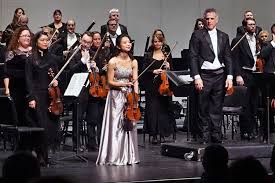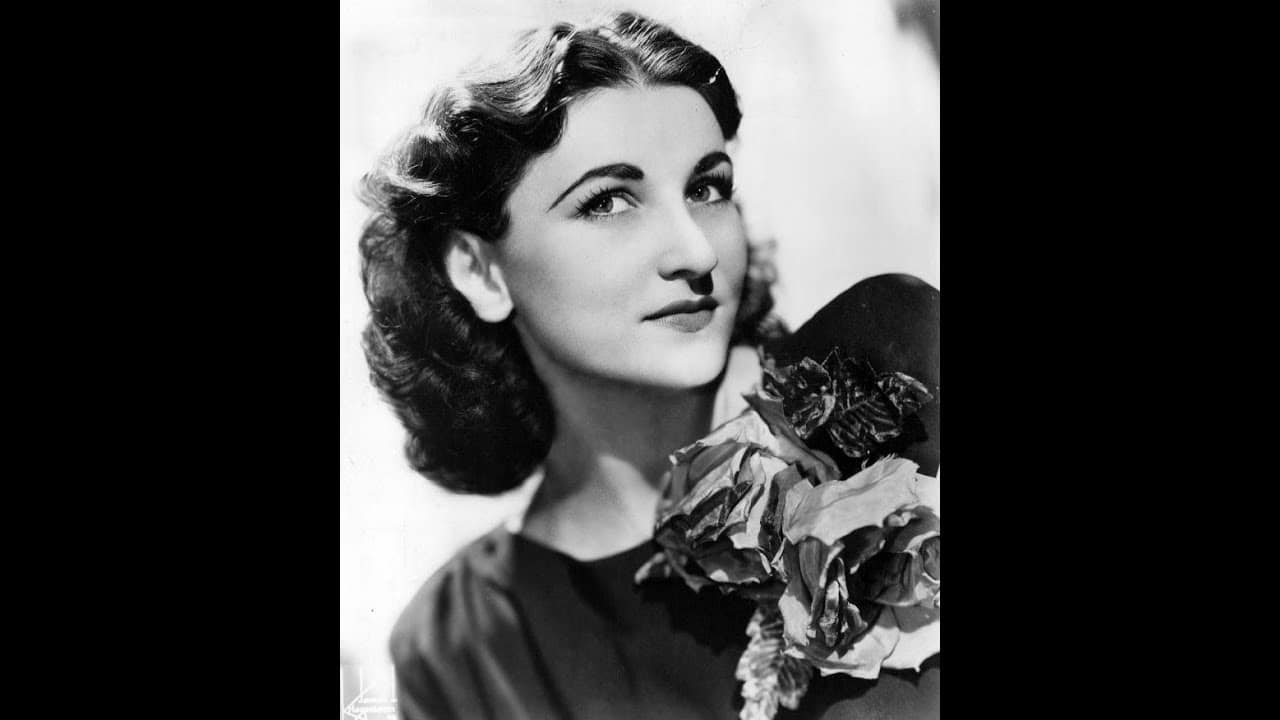Is music school now irrelevant?
mainFrom an anonymous insider’s blog:
The highest caliber of artistic education would teach us how to connect with people from all walks of life. The highest caliber of artistic education would give us clear and usable tools to help us navigate the paperwork-strewn networking maze that is the life of a freelance artist. The highest caliber of artistic education would teach us why we should matter. Instead, we are lectured on Gregorian chant, scrutinized for our knowledge of scale degrees and soprano clef, and applauded for our performance of complex polyrhythms. So-called “entrepreneurship” classes are often little more than an allegorical soapbox on which the instructor can wax poetic about their lives and disparage the ideas of their eager students, even when those ideas often bear far greater relevance to modern times than anything the teacher could even dream of.
In other words, music school is irrelevant. And it has been since the mid-20th century: a hulking, gargantuan conglomerate, resistant to change, reliant upon old money to incessantly push its outdated narrative and churn out herds of orchestral musicians and *gasp* even a soloist or two….
A typical college semester is fifteen weeks long. A college year – thirty weeks. Let us say that you paid that same private instructor $300 per lesson for thirty weeks, outside of school.
Your final bill? $9000. Add weekly chamber coachings – $18,000. Per year.
So how can we justify paying $60,000 a year for a conservatory education? To put it simply, we can’t. Unless drastic changes are made to the curriculum.
Read on here.







Comments